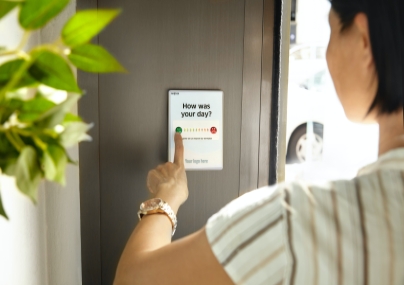It is not feasible for large companies to completely eliminate fraud internally; however, a business has to have the right culture to ensure compliance, said lawyers speaking at ALB’s Masterclass – a learning forum for lawyers – in Hong Kong on Thursday.
“In a 25,000 to 50,000 person organisation, eradicating fraud is a tall order,” said Patricia Sindel, managing director and head of the general counsel advisory and control group for investment banking at Credit Suisse in Hong Kong. “There is always going to be somebody who is going to figure out a way to engage in fraud. It is a question of how quickly are you going to catch it, and how quickly are you going to make sure it doesn’t spread.”
The Masterclass featured a presentation by Baker & McKenzie, and a roundtable discussion on competition laws and compliance developments in North Asia.
While it is nearly impossible to stamp out fraud in a large company, Vivian Wu, special counsel at Baker & McKenzie, noted that a business has to have the right culture to ensure compliance. “The CEO needs to support the compliance officers, and set the tone from the top,” she said.
“An enterprise of integrity, ethics, and doing the right thing has got to filter down,” agreed Sindel.
Touching upon the relationship between compliance and legal in managing risk in North Asia, Sindel noted that more lawyers are getting involved in looking at the system and overall environment, rather than just on a transaction-by-transaction basis. She added that Credit Suisse runs “mapping exercises”, where a business is dissected and analysed according to a region’s applicable laws, regulations and guidelines, and the question of how ensure the company complies is discussed.
“You can say this is a compliance function, but I am seeing more lawyers get involved in the discussion because they are used to applying law and regulation to a business, according to particular facts and circumstances. Identifying all the issues, regulations and laws has been a very synergistic project among legal and compliance professionals,” she said.
On the topic of competition, Wu and Baker & McKenzie partner Clara Ingen-Housz pointed out that there has been a proliferation of competition laws in Asia-Pacific. Several countries, including China and India, are fast refining their competition laws, and are displaying increasing sophistication in enforcing them.
“China is a very hot market, with many companies there building up their compliance teams,” said Wu. An increasing number of companies in China now have a separate compliance team with standalone compliance officers, she added.
Meanwhile, Hong Kong’s first cross-sector competition law was adopted in June last year, after two years of debate at LegCo. Although the new ordinance does not provide for a merger control regime (other than in the Telecommunications sector), the new law has a far-reaching scope. It prohibits under the First Conduct Rule the most serious anti-competitive agreements (i.e. price-fixing, market allocation, bid rigging and output restriction) as well as agreements which have the potential to restrict competition. It also prohibits under the Second Conduct Rule abuse of significant market power. The new Competition Commission has also been granted significant enforcement powers.
The ordinance is partly in force, but its full implementation is expected for early next year.
ALB Masterclasses are held regularly in Hong Kong and Singapore. For a full list of current masterclasses please click here.
Follow us on Twitter: @ALB_Magazine.


